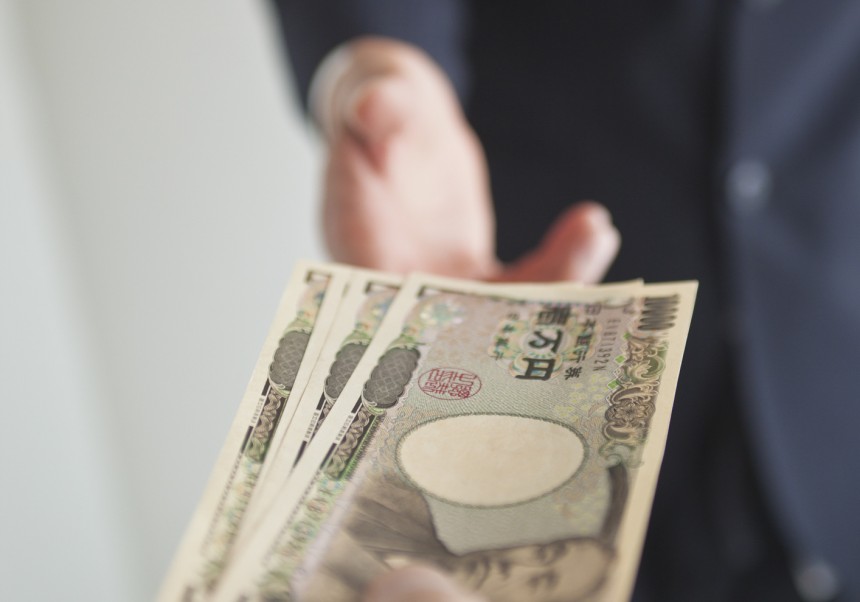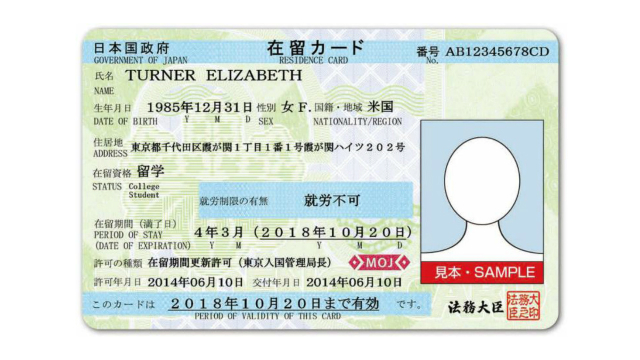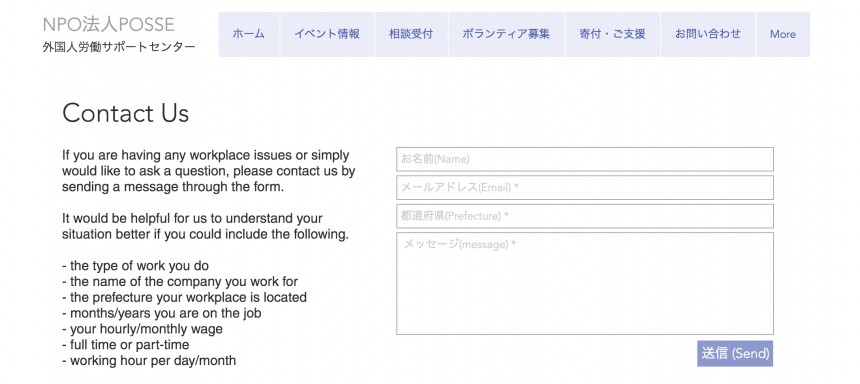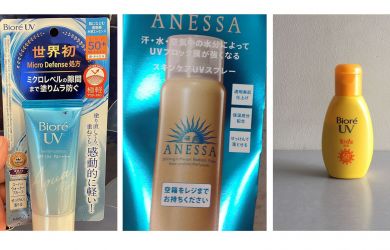
April 23, 2020
How to Apply for the ¥100,000 Handout and Other Aid
A guide to financial relief during the coronavirus outbreak
By Metropolis
For weeks now, the coronavirus pandemic has affected the livelihoods of people across the world. In Japan, businesses have closed, reduced their services or shifted to teleworking, causing employees to work less hours or even lose their jobs. As a result, the Japanese government has rolled out various financial relief programs to help individuals and companies impacted by the COVID-19 pandemic.
On April 16, Prime Minister Shinzo Abe announced a ¥100,000 handout scheme for all citizens and foreign residents, with payouts expected as early as May. This article outlines the new plan (who is eligible and how to apply) and summarizes other economic programs available to people throughout Japan.
BREAKING: Japan’s economy shrank by the most in more than 5 years last quarter, fueling recession concerns. GDP fell at an annualized pace of 6.3% from the previous quarter. https://t.co/U32pEhawDi pic.twitter.com/g770944Kb0
— Bloomberg (@business) February 17, 2020
The One-Time ¥100,000 Handout
The ¥100,000 handout scheme replaced the government’s former plan to provide ¥300,000 to households financially affected by COVID-19. The new plan, which has no income limit, requires people to apply by mail or online.
Who’s eligible: Everyone who has resided in Japan for at least three months and is registered as a basic resident as of April 27, 2020, regardless of income.
How to apply: Fill out the application, which will be mailed out to everyone who is eligible, and mail it to your local government office along with a copy of your official ID and bank account information (bank passbook). Those with a My Number Card may apply online through this government website. Check here for an English translation of the application form.
Victims of domestic violence who live apart from the head of household and are not able to register their new address before April 27 can submit an application to ensure payment.
Applications are available at municipal offices, women’s counseling centers and on the Ministry of Internal Affairs and Communications website. April 30 is the deadline, but applications beyond that date will also be accepted. Official documents, such as a protection order or documentation from a counseling or support center, must also be submitted along with the application.
When will I receive the ¥100,000 handout? The date you’ll receive the money depends on factors such as when your local ward office (区役所 or 市役所) sends out the application to you and how it long it takes them to process it. Some residents, particularly those living in rural areas, have already begun to receive the handout, although it’s likely to take longer for larger cities.

Recover your lost wages
Article 26 of Japan’s Labor Standards Law requires firms to cover at least 60 percent of an employee’s average wages if they force their employees to take days off.
Who’s eligible: All workers, both regular and irregular, regardless of nationality.
How to apply: Employers should automatically compensate employees during their period of absence. POSSE provides free labor advice in English and Japanese, and can help negotiate with employers.
Check the Ministry of Economy, Trade and Industry’s (METI) Q&A for information regarding sick leave and paid vacation days.
 Apply for interest-free loans
Apply for interest-free loans
The Tokyo Metropolitan Government will provide interest-free loans to employees of small and mid-sized enterprises (SMEs) as part of its financial relief package to help those with loss of income due to COVID-19. The maximum loan amount is ¥1 million.
Who’s eligible: Those who have worked a minimum of six months at their current company (check the green chart for SME criteria) and have lived at their current address for over three months. Their current residence or office address must be located in Tokyo Prefecture. Sole proprietors are not eligible.
How to apply: Call the Chuo Labour Bank Head Office (03-3293-1616) or a branch near you and make an in-person appointment to apply. Bring your tax statement or pay slip, health insurance card and personal seal. More details regarding the application process here (Japanese).

Support for freelancers with children
Freelancers who have to take time off work to take care of their children due to nationwide school closures of kindergarten and elementary schools, as well as daycare and similar facilities, will receive ¥4,100 in compensation for each day of missed work between Feb. 27 and June 30.
Who’s eligible: Self-employed parents or guardians of minors, including foster parents (those who have custody of the minor) and those who are temporarily caring for them, who are forced to give up work to take care of their children amid school closures.
The support is extended to parents and guardians of high school students with disabilities, as well as those who have to care for children who contracted or may have contracted the coronavirus.
How to apply: Fill out the application forms at the bottom of this page (Japanese only) and send all necessary documents to a support center near you. The application deadline is Sep. 30, 2020.
https://www.youtube.com/watch?v=vqzWUzFiPtQ
Free labor advice in English
Tokyo-based NPO POSSE provides free labor advice in English and Japanese. For inquiries related to labor laws, financial relief and other work-related concerns, email the organization’s counselors at supportcenter@npoposse.jp.
Tokyo Coronavirus Support Center for Foreign Residents
While the Japanese government continues to roll out various financial relief programs for individuals and businesses, it can be difficult to find the right information in one’s native language. In addition to questions regarding health and immigration status, people can call the Tokyo government’s multilingual phone consultation center for issues related to business and economic measures.
Hotline: 0120-296-004 (10am – 5pm Mon – Fri)
Languages: English, Chinese, Korean, Vietnamese, Nepalese, Indonesian, Tagalog, Thai, Portuguese, Spanish, French, Cambodian, Burmese, Easy Japanese
Check this page for more updates and important resources related to COVID-19 in Japan.
Due to the increasing cases of domestic violence in households due to the coronavirus situation, DV Soudan+ is offering a hotline service (available in 10 languages from May 1) as well as other forms of support such as professional counseling.








